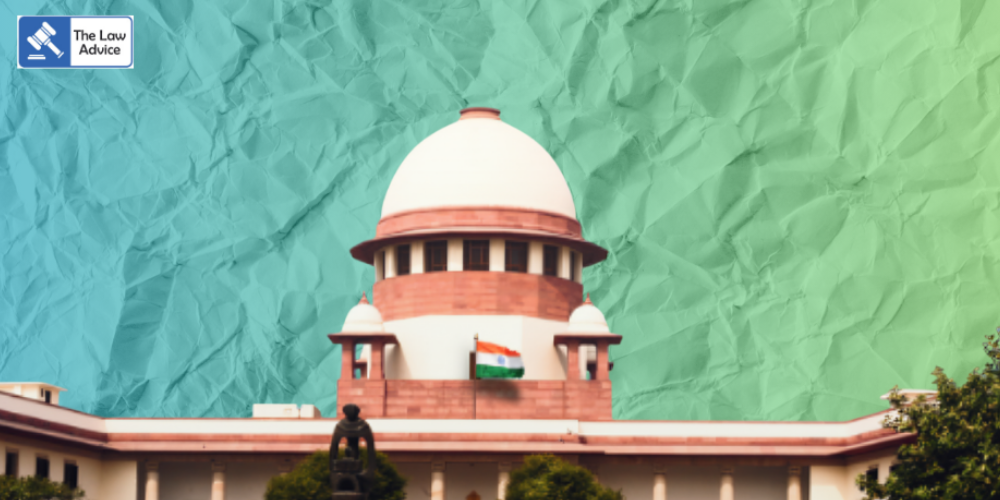
The Supreme Court has strongly criticized Uttar Pradesh authorities for delaying the release of an undertrial by citing a minor clerical omission in a bail order, observing that executive bodies cannot defy judicial directions on such trivial grounds.
The case concerns the delayed release of Aftab, an undertrial booked under the Uttar Pradesh Unlawful Religious Conversions Prohibition Act, whose bail—granted by the Supreme Court—was not executed for 28 days because the order mentioned Section 5 instead of Section 5(i), although all other case identifiers were clearly stated.
In June, the Court pulled up the authorities for the prolonged detention and awarded Aftab an interim compensation of ₹5 lakh, besides directing the Principal District & Sessions Judge, Ghaziabad to conduct an inquiry. However, during the follow-up hearing on November 17 before Justices JB Pardiwala and KV Viswanathan, the bench expressed surprise that the inquiry report placed sole responsibility on the Additional District and Sessions Judge who issued the release order.
Justice Pardiwala questioned the reasoning behind blaming the judicial officer, noting that he simply acted pursuant to the Supreme Court’s directive:
“Why should the Additional District & Sessions Judge be solely held accountable? If the Supreme Court has passed the order, how is he responsible?”
He further criticized the prolonged delay, remarking that a missing subsection reference could not justify 28 days of illegal detention. ASG Aishwarya Bhati, appearing for the State, submitted that the issue was resolved only after the defence sought modification of the bail order.
Justice Viswanathan condemned the conduct as the Executive effectively sitting in appeal over judicial orders:
“Absolutely useless pretext… If the Executive decides to disobey orders on such lame grounds, what is left?”
The Court has now sought the comments of the concerned Additional District & Sessions Judge, Shri Junaid Muzaffar, on the inquiry report before passing further directions.
Reiterating the seriousness of the lapse, the bench observed that when the Supreme Court—especially the bench led by the Chief Justice—issues an order, authorities cannot interpret it selectively or use minor omissions as justification for non-compliance. The matter has been listed for further hearing on December 8.
Case Details: Aftab v. State of Uttar Pradesh | MA 1086/2025 in Crl. A. No. 2295/2025
Bench: Justices JB Pardiwala & KV Viswanathan
Website designed, developed and maintained by webexy